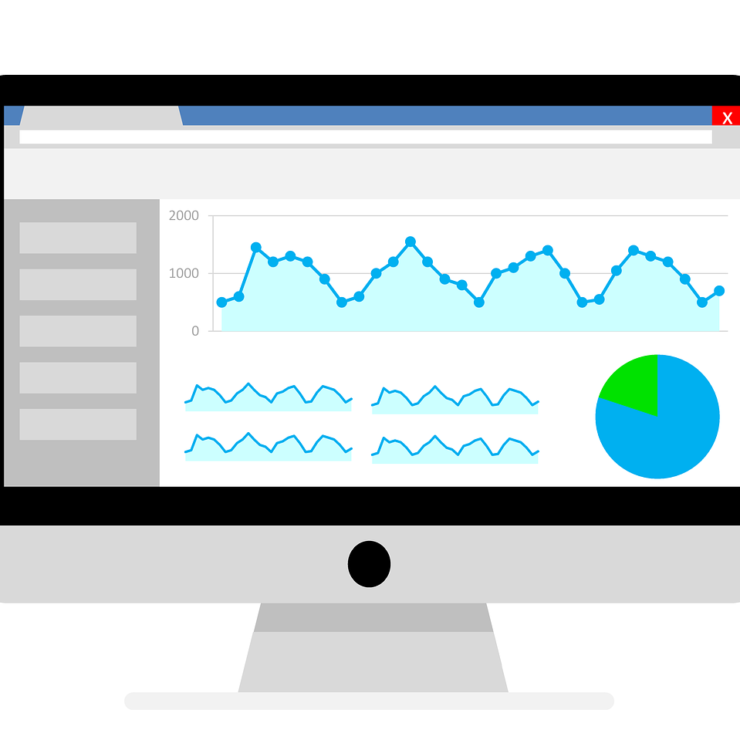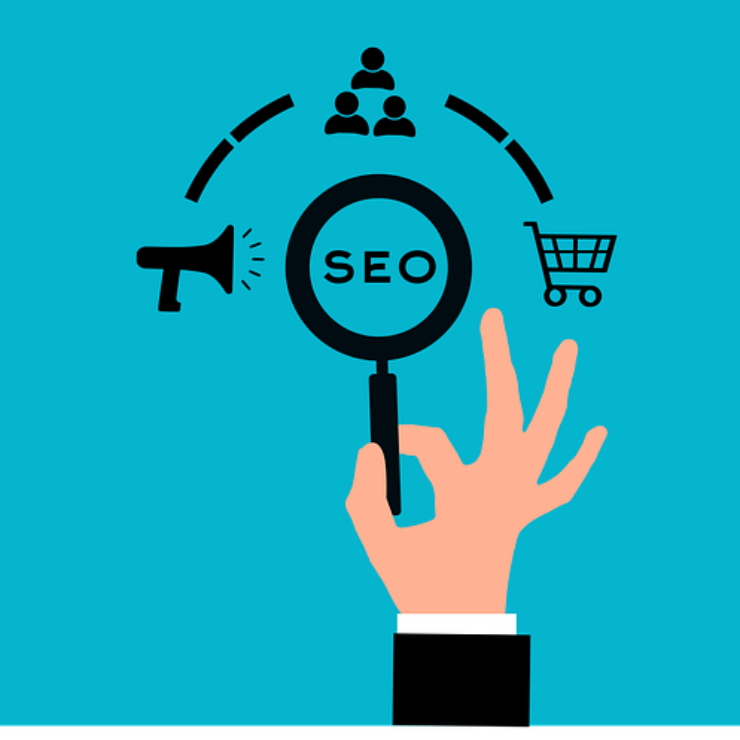Site speed is important for search engine optimization. You should always keep an eye on it, especially if you want to improve your ranking in search engines.
If you have a website with a slow speed, your users will leave and bounce from your page immediately. Notably, this can damage your SEO rankings dramatically.
This post will examine why site speed is important for SEO and how sites with slow load times can harm your SEO. Here are some other reasons why site speed is important for SEO:
Enhanced User Experience
A great user experience means everything for SEO. When you have an optimized site with fast load times, visitors are likely to spend longer on your site than on competitors’ sites because they want their time well spent.
In other words, if visitors see that you have optimized your site for speed, they will be more likely to stay on your site longer and ultimately click through to purchase from you than another company with an inferior user experience.
Reduced Time on Page
Users who have to wait too long for web pages to load may switch off and leave your site altogether. Better yet, this means fewer people are viewing your content, and even if they stay around, they’re less likely to engage with it or share it with others.
A fast-loading website is crucial for SEO because it can increase your organic traffic by a greater margin. A slow-loading website will also cause visitors to bounce off your page, resulting in lost sales and decreased overall sales.
Reduced Bounce Rate
The bounce rate is the percentage of visitors who leave your site after visiting only one page. A high bounce rate is a sign of poor usability and will reduce the number of visitors you receive over time.
Specifically, when a user visits a slow-loading page, he might not be interested in what you have to say. If this happens frequently enough, you could lose potential clients because they will give up on your website before they get to see what you have to offer.
Increased User Engagement and Retention
The faster your site loads, the more time users have to spend on your site. Such means they will be more likely to stay on your site, interact with it and share with their friends. If they spend more time on your site, they are more likely to convert into customers or leads.
Site speed also impacts an SEO’s ability to retain on-site visitors. When a visitor lands on a slow-loading page and has to wait for it to load, it can make them less likely to return in the future.
It is especially true if other sites in their social media feed load quicker than yours, which is often the case.
Higher Ranking in Search Engines
Site speed also helps with SEO because it will appear higher in search engine rankings. The higher your ranking, the more likely people will click through and find what they are looking for.
Google and Bing have made it easier to determine which sites are faster than others. They have created a tool called PageSpeed Insights which highlights the issues with your website’s performance.
If you want to rank higher on Google, you should ensure that your website loads fast. If a user visits your website and the page takes more than 3 seconds to load, they will leave without visiting your site!
Improved Conversion Rate
Speed matters regarding how quickly people will leave your site once they find what they are looking for. Users who take longer than expected to navigate through your site may not complete their purchase or download a brochure.
That could mean lost revenue and customers, which is why Google published its Page Speed Tools to help webmasters improve page load times on their websites so that visitors can complete their tasks faster.
In Conclusion
Site speed is important. Google loves it, users love it, and you should love it. The faster your page loads, the better chance you have of boosting your SEO and creating a better user experience for your visitors.
If that is not enough to get you on board, then just consider this: a study from Google revealed that 53% of people would simply abandon a site if it takes longer than three seconds to load. That’s pretty compelling stuff!





 Get Sala Now
Get Sala Now